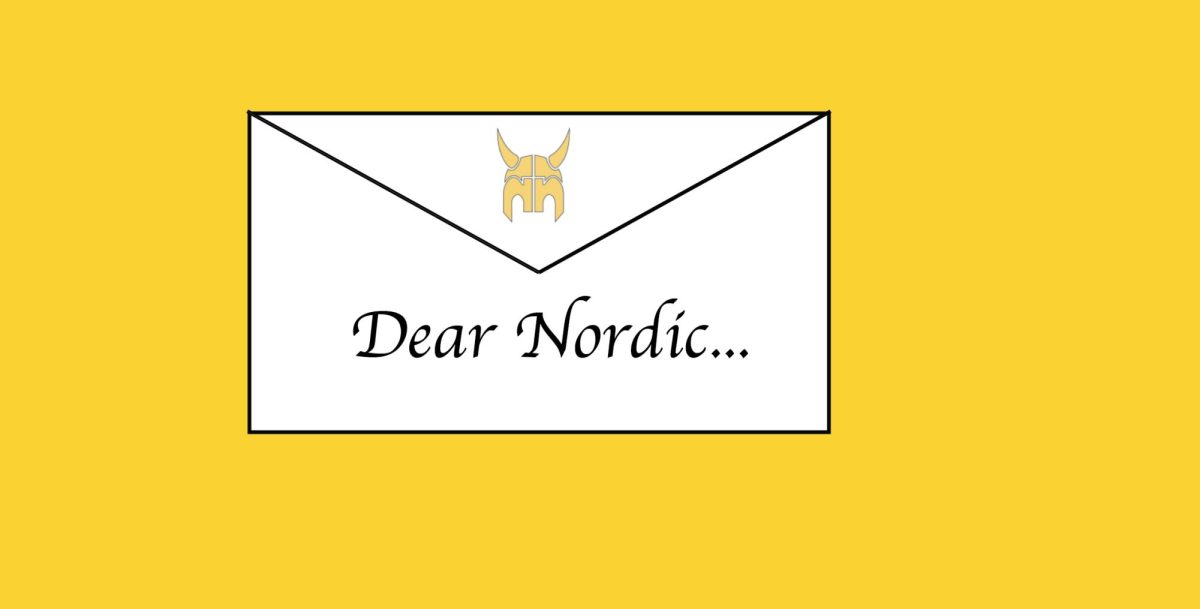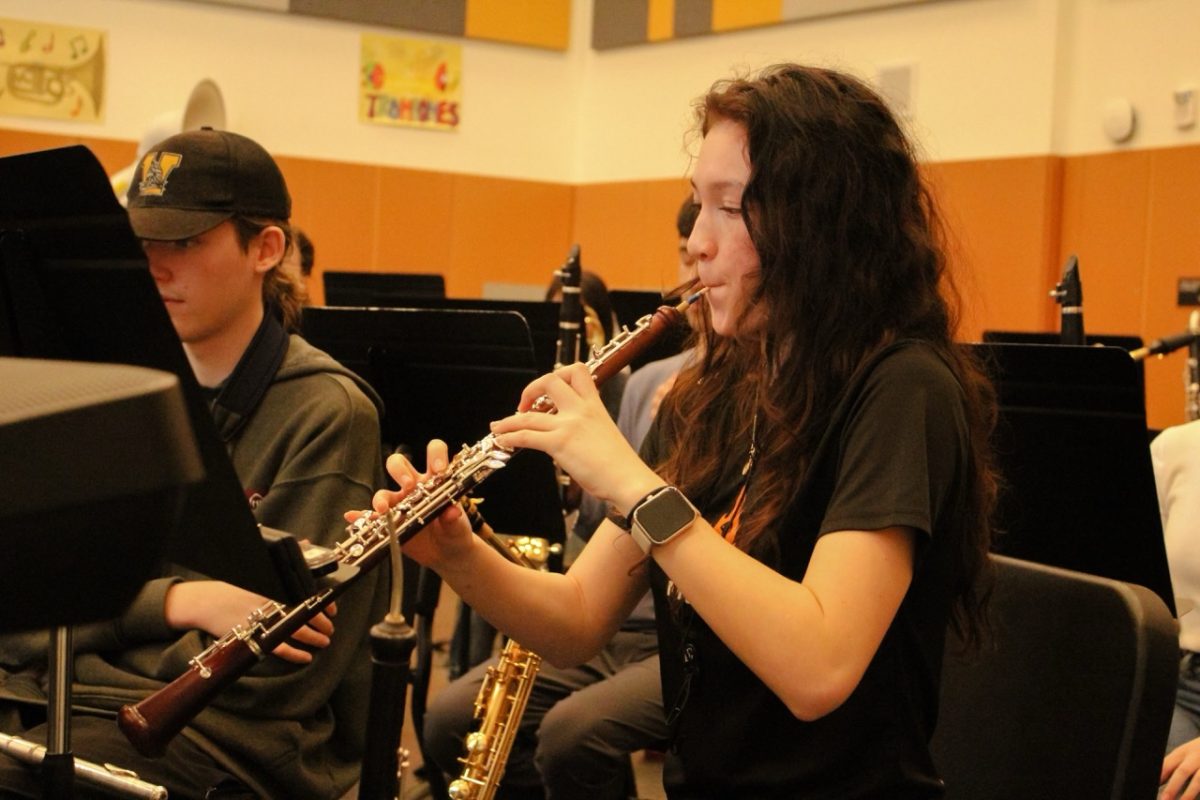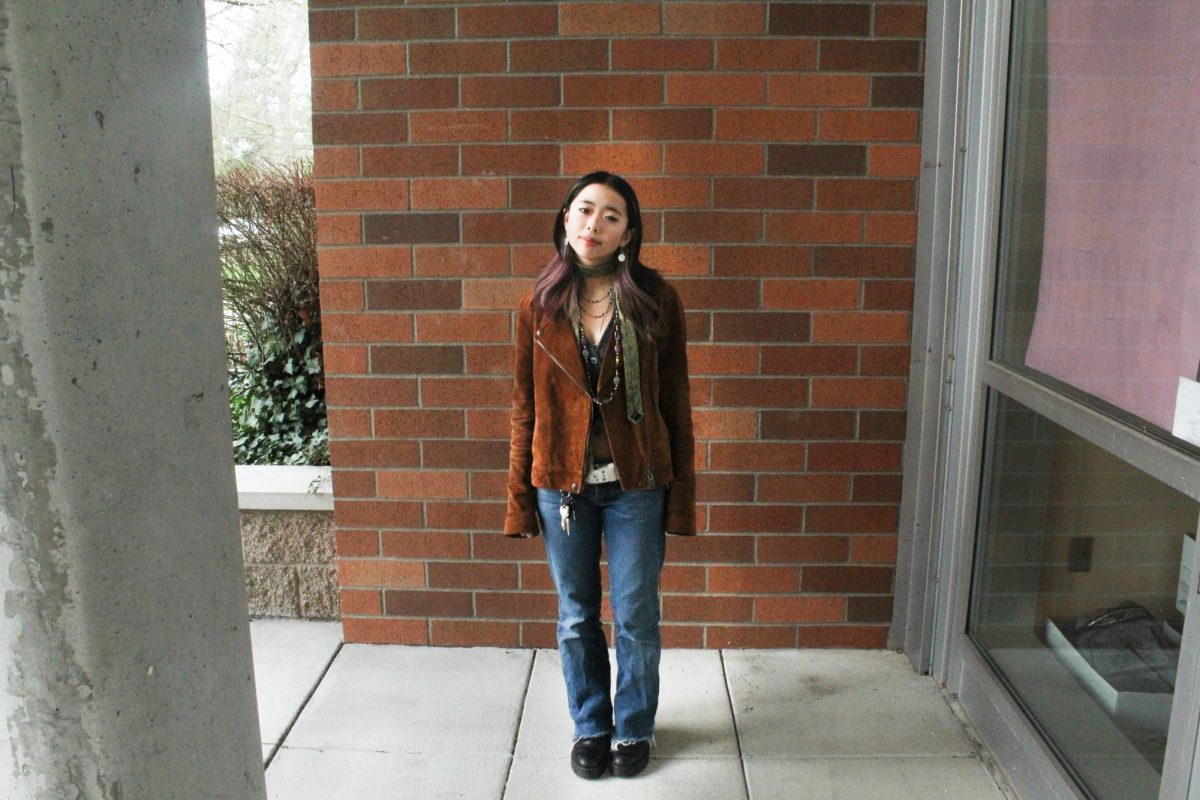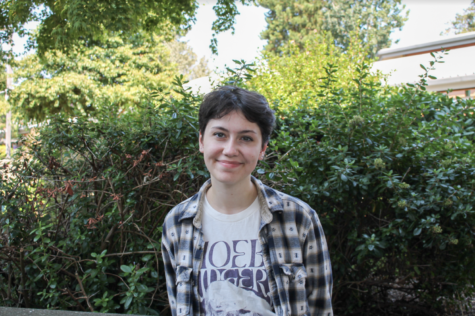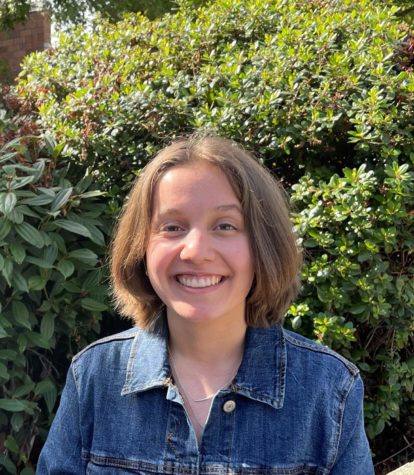
“Sailing in the Sky” by Starr Green
Genre: Fantasy/Mythology
Star Rating: 5 out of 5 stars
Piper (she/her) is running away from home. After hearing her parents discussing plans to send her away, Piper packs up her bags and heads to the beach by her house, where she is introduced to the world of Irish mythology. On the beach, she meets Lucky, an immortal traveler with a magical ship, who’s in search of a new mortal companion. Not having anywhere else to go, Piper joins Lucky along with MacLir, the Irish god of the sea, on an adventure she had only ever dreamed of.
This book does a wonderful job of accurately representing autism. Not only does the book accurately depict Piper’s struggles, it also normalizes autism by demonstrating the many strengths that autistic people have. There aren’t many fantasy or mythology genre books that feature autistic characters, and it was inspiring to watch one character grow, develop and adapt in a fantastical world. Piper’s strong, diligent and quick-witted spirit made this book a refreshing and imaginative read and fantastically portrayed the diverse and broad spectrum of neurodivergence. Piper was not afraid to talk about her experiences as an autistic person and was a wonderful example of living authentically.
The worldbuilding was imaginative and interesting, taking stories from Irish mythology and spinning them into something new and captivating through the plotline and characters’ personalities. This book is an excellent reminder that the realm of fantasy has room for more inclusivity and each reader deserves to be represented in the books they read.
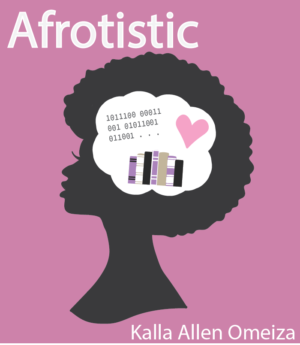
“Afrotistic” by Kalla Allen Omeza
Genre: Contemporary Fiction
Star Rating: 5 out of 5 stars
Starting her sophomore year in a new high school, Noa Jenkins (she/her) is determined to be accepted into the Dean’s Honor Society. In order to be accepted into the honors program, Noa must find a way to gain leadership experience. Being one of the only black girls in her school along with recently receiving an autism diagnosis, Noa constantly questions herself and her identity and struggles to find a sense of belonging. Unable to find a place where she feels comfortable, Noa decides to do something about it.
There are so many things to love about this book. Written from a perspective that often goes unheard, it was enlightening to read about how race, gender and neurodivergence intersect. Noa’s experiences as a black autistic woman were written with grace and transparency, showing both the struggles and triumphs she faces. Kalla Allen Omeiza, who identifies as a black autistic author, did a fantastic job of writing about the struggles of trying to fit in while also highlighting that no one is truly “normal.”
Both Noa’s dad and brother are autistic, and it was amazing to see a family with different neurodivergent traits depicted in this book. These differences not only strengthened the book but also helped demonstrate how autistic people all have different characteristics and abilities. Written with heart, humor and authenticity, “Afrotistic” is exactly the type of autism representation we need.
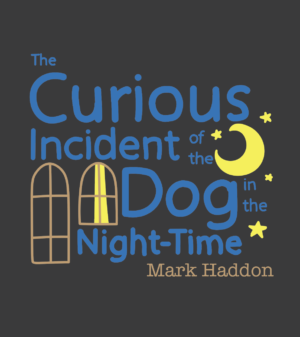
“The Curious Incident of the Dog in the Night Time” by Mark Haddon
Genre: Realistic Fiction
Rating: 3.5 out of 5 stars
After discovering the murder of his neighbor’s dog, Wellington, Christopher Boone (he/him) decides to bring Wellington justice by discovering who the murderer is. However, his investigation leads him to uncover more than he expects.
Haddon’s point of view beautifully captures the confusion and loneliness that comes from being treated differently as an autistic person. His depictions of complicated family situations added another layer of complexity and depth to Christopher’s story, excellently portraying the downfalls of emotional abuse and the effects of victim-blaming.
However, it’s important to note that Haddon himself doesn’t identify as autistic and stated that when creating the character of Christopher, he did little to no research on Autism Spectrum Disorder. This led to Christopher’s character greatly reflecting common stereotypes of autistic people. When autism representation is limited and focused on the stories of white teenage boys written by neurotypical authors, it can give readers a very one-dimensional view of autism that may lead them to believe that all autistic people are the same.
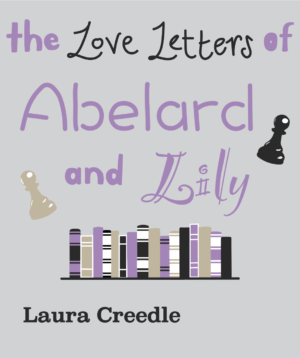
“The Love Letters of Abelard and Lily” by Laura Creedle
Genre: Romance
Rating: 2 out of 5 stars
Lily (she/her), a 16-year-old girl with Attention Deficit Hyperactivity Disorder, lands herself in detention where she meets Abelard (he/him), a brilliant and beautiful autistic boy. By connecting through social media after Abelard posts a quote from The Letters of Heloise and Abelard on his account, they begin to fall for each other. Their romance explores topics of mental health, neurodivergence and the challenges of trying to fit in.
While it was very refreshing to see so much neurodivergent representation in a romantic relationship, it was hard to get attached to Abelard and Lily’s story because the book was so heavily focused on their relationship rather than their character development as individuals. The book also focused less on Abelard and his experiences as a person with autism, and more on how Lily perceived his autism. Oftentimes, Lily’s perspective painted an oversimplified view of Abelard’s neurodivergence.
Instead of learning more about Abelard and his experiences, she continues to make assumptions about him and treats his autism as something in the way of having a “normal” relationship. The storyline would have been stronger if Abelard’s life and perspective were at the forefront. Lily’s aversion toward ADHD accommodations seemed to send a mixed message that in order to find self-acceptance, you must change who you are. Instead of focusing more on the social constructs that regard neurotypical minds in higher regard, this book sends the message that people who are neurodivergent need to change who they are to have enjoyable lives.






